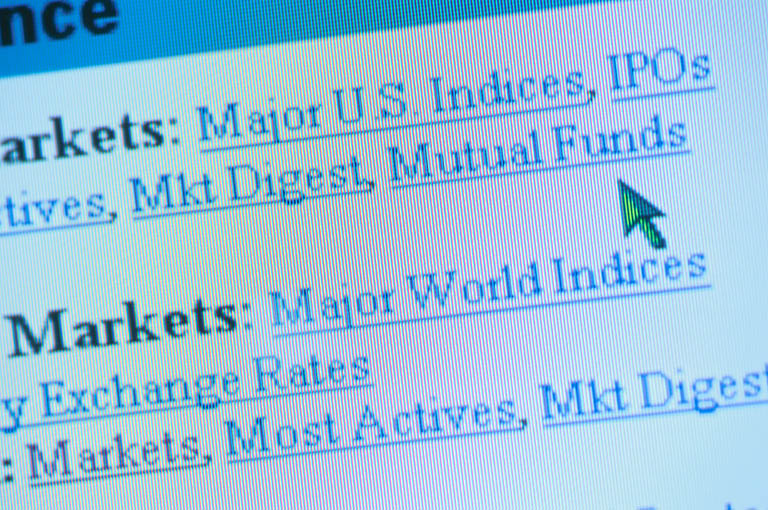In recent years, index funds have performed well. Such funds are created to match or track the components of an underlying index. Certainly, the most common of these is the S&P 500 index fund which seeks to replicate the performance of the S&P 500 Index ("Index"). Money managers (this would include investment advisors, mutual funds, hedge funds, pension funds, etc.) have the tendency to outperform this Index during periods of market weakness but they also have a strong tendency to underperform this Index during periods of market strength. This is a pattern that will very likely always be the case.
Due to the exceptional market strength in recent years, the Index has been a strong performer and most money managers have lagged that Index. With the benefit of hindsight and past performance, an S&P 500 index fund now appears to be an enticing option for investors. However, often overlooked is the fact that investing in most index funds is an aggressive strategy that only certain investors are willing to accept. The S&P 500 is a cap-weighted fund. The 5 largest stocks in this index represent about 25% of the value of the index. When any one or more of these stocks falter, the S&P 500 Index, in turn, will be hit substantially.
There have been 5 major bear markets in the S&P 500 Index within the last 50 years. They have occurred, on average, about every 10 years and the average loss is 43.0%. The last of these bear markets ended in March 2009. Based on this information, we feel it is very risky for investors to place a major portion of their investable dollars in a S&P 500 Index fund.
Early in 2017, we began placing much of our focus on outperforming the S&P 500 Index. While accomplishing this each and every year may be difficult, we believe we can exceed the average performance of the Index over the next 3, 5, and 10 year periods, etc. We adopted the Index as the benchmark against which the performance of accounts in the Moderately Aggressive group and the Aggressive group could be measured. The goals explained here are applied only to the accounts in these two groups. Accounts in the Moderately Conservative group are invested more conservatively and would not fully share in the risk or reward accepted and sought by clients with accounts in the Moderately Aggressive or Aggressive groups of accounts. (The three strategies offered clients and referred to here are explained in the following section entitled "MANAGEMENT STRATEGIES.")
Why this confidence on our part? Well, we do like the simple focus of trying to outperform the S&P 500 Index and the challenge this presents. Secondly, we have identified several high-quality mutual funds that have historical performances which compare favorably to, and in most cases exceed, that of the Index. The strategic use of these funds should allow us to achieve the goals set forth above. As an Investment Advisor, we realize we can never guarantee performance results for our clients. However, we do believe our goals are realistic and attainable.
While we believe we can outperform the S&P 500 over time, we also feel the risk adjusted return offered by the Moderately Aggressive and Aggressive Strategies makes them a superior option to an S&P 500 Index fund. The methods we use will protect our clients to a limited degree from the sharp sell-offs and sustained downturns the Index will inevitably encounter such as the bear markets mentioned above.
At MW&A, we apply an active and "hands-on" approach to managing the funds entrusted to our supervision. All investment decisions are made in our office and are not made or influenced by Schwab, any mutual fund, or any other entity. All decisions are made in the best interests of our clients, and in turn, the success of MW&A is solely determined by the success it produces for its clients.
Mike Wolters and Associates
Registered Investment Advisor
INVESTMENT PHILOSOPHY






